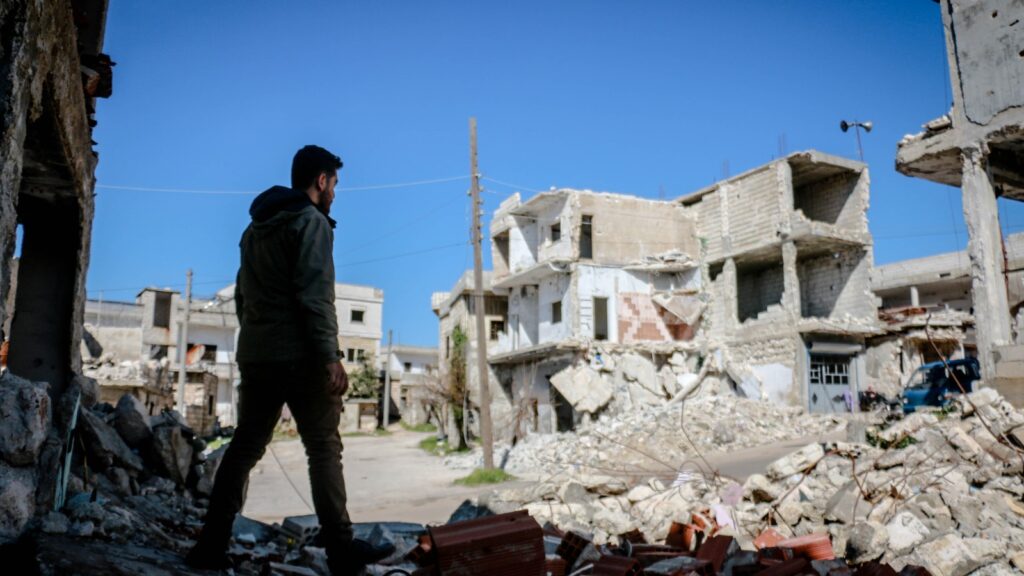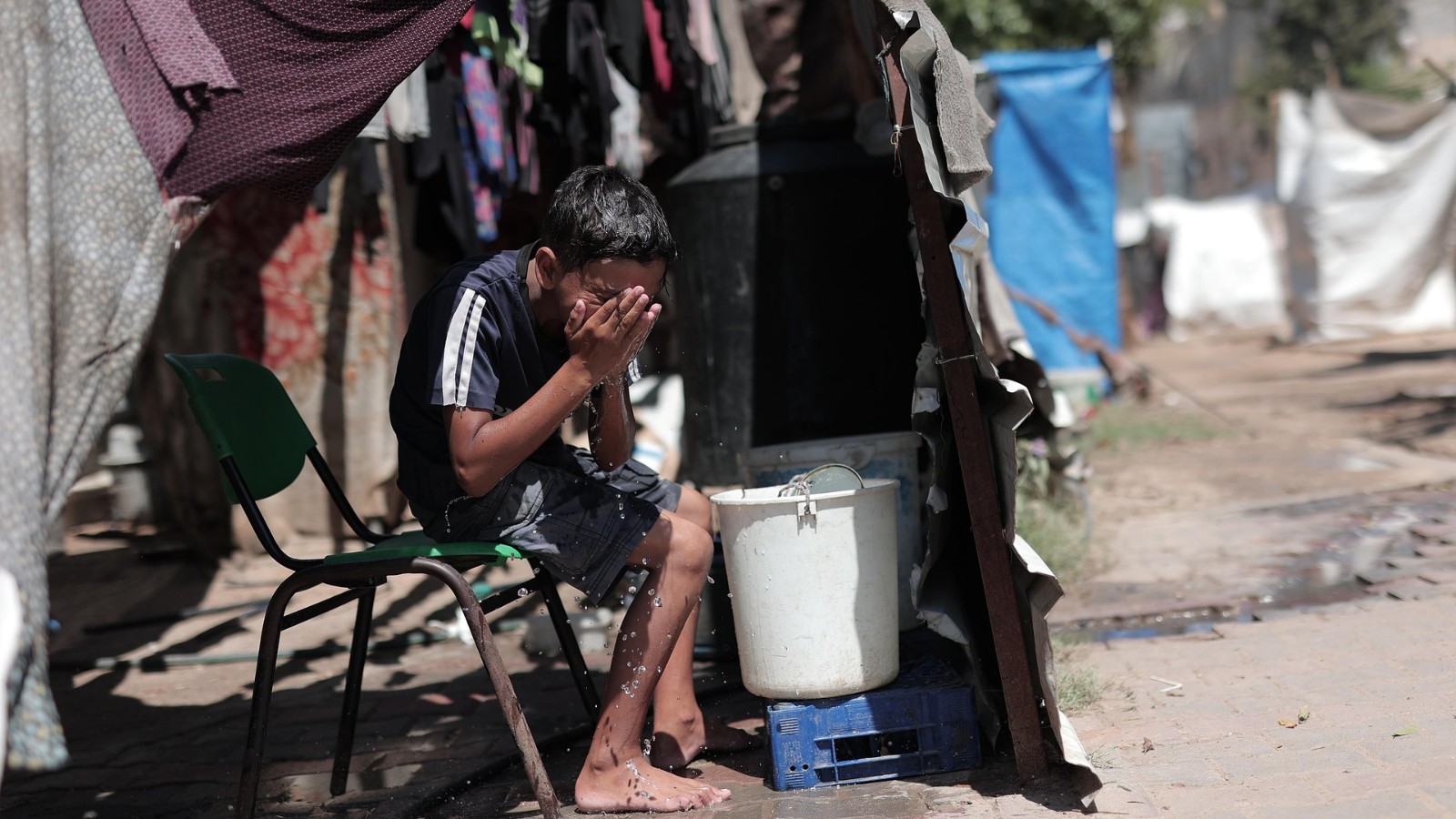By Stephen Thompson, Director of Global Programs & Impact
In every humanitarian mission, success depends not only on strategy and resources, but on the people who show up to deliver. Humanitarian aid professionals serve on the front lines of crisis, often under immense pressure, emotional strain, and logistical uncertainty. Yet, despite this reality, many organizations still fail to prioritize staff care as a fundamental part of mission readiness and impact.
The phrase “mission first” is often used to galvanize urgency and commitment. But when “mission first” becomes “people last,” the mission itself begins to erode. Burnout, turnover, and moral injury are not abstract risks. They are daily realities in the field. When they go unaddressed, the result is diminished program quality, disrupted team cohesion, and weakened organizational credibility.
To be effective, humanitarian organizations must shift their paradigm. Staff care is not an add-on, nor is it a perk. It is a core operational strategy. When we treat it as such, we invest in sustainability, resilience, and impact. A healthy, supported team is a capable team. One that can think clearly in crisis, engage ethically, and sustain the energy needed for long-term service.
The unique challenges of humanitarian work demand a proactive approach to well-being. Exposure to trauma, chronic stress, displacement, and the weight of responsibility can take a cumulative toll on even the most experienced aid workers. Without structures in place to mitigate these impacts, organizations risk creating cultures of quiet suffering, where asking for help is seen as weakness and overextension is praised.
This is not a staffing issue. It is a leadership issue. Leaders set the tone for how staff care is viewed and practiced. When leaders model balance, set boundaries, acknowledge the emotional toll of the work, and make room for recovery, they give permission for others to do the same. When they fail to do so, the costs are passed along in the form of disengagement, deteriorating mental health, and attrition.
Staff care must be embedded into every layer of humanitarian operations. This includes trauma-informed supervision, access to psychological support, meaningful time for rest and reflection, and team cultures built on trust and psychological safety. These practices are not luxuries. They are essential components of quality programming, responsible leadership, and organizational ethics.
Mission success is not measured only by the number of beneficiaries reached or supplies delivered. It is measured by the integrity and sustainability of the people doing the work. To truly honor our mission, we must honor those who carry it out.
Mission first. People always.



